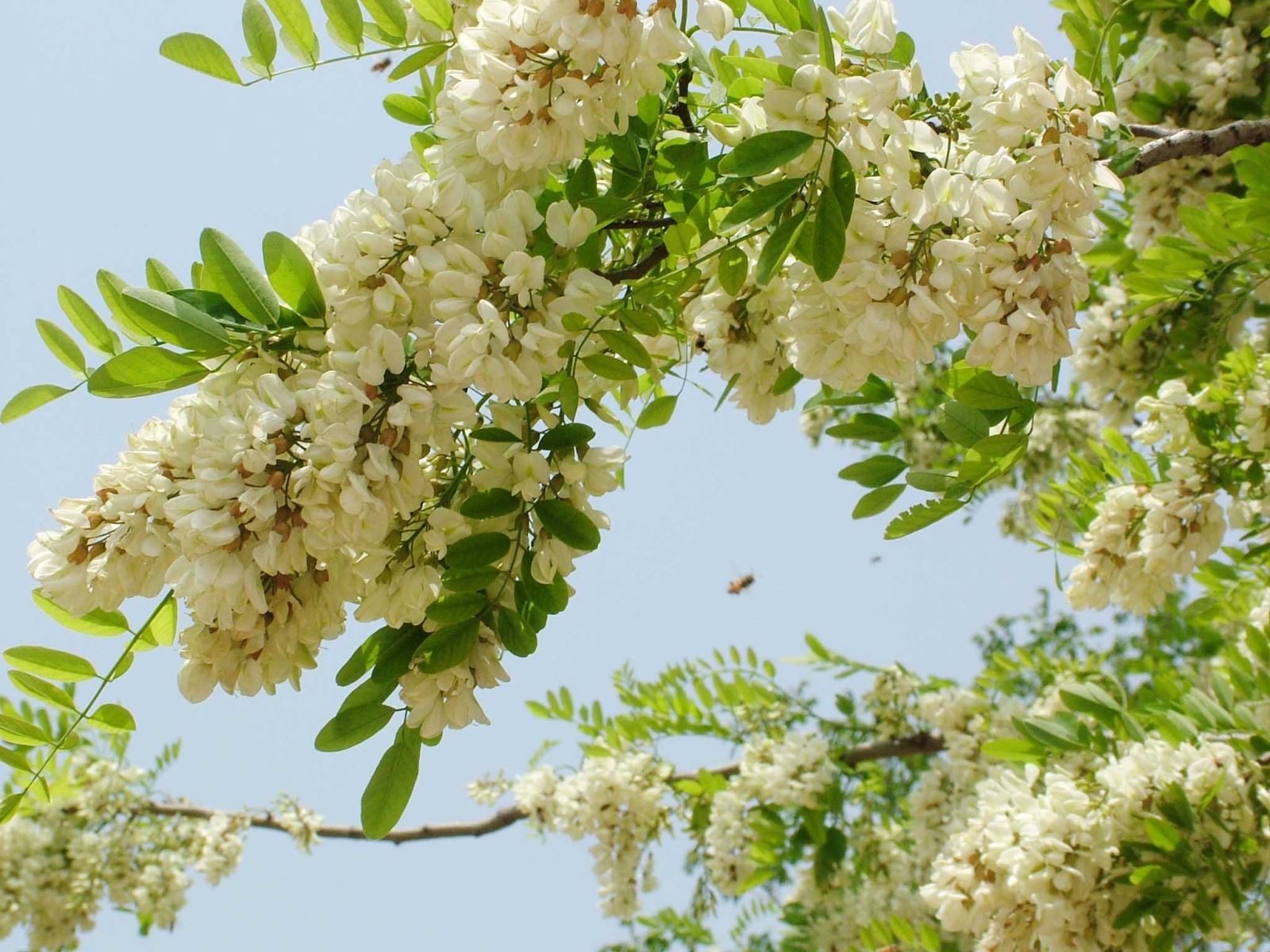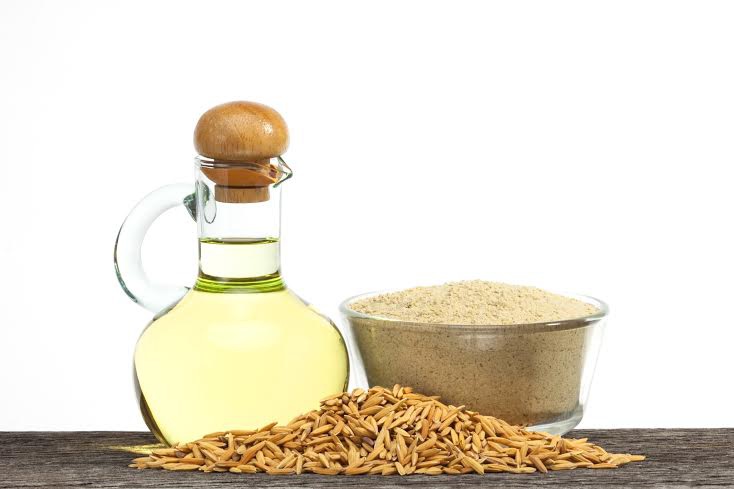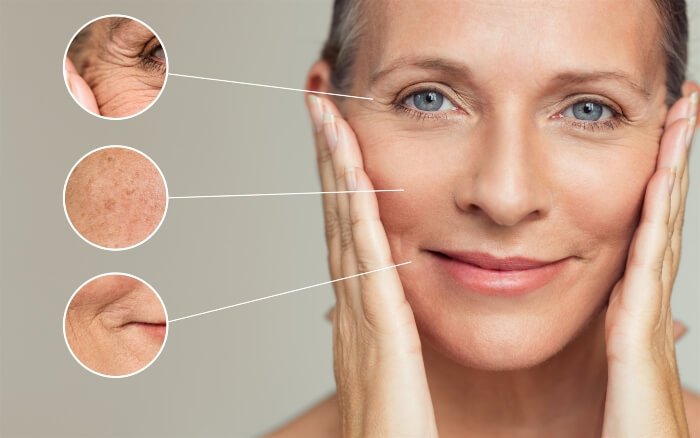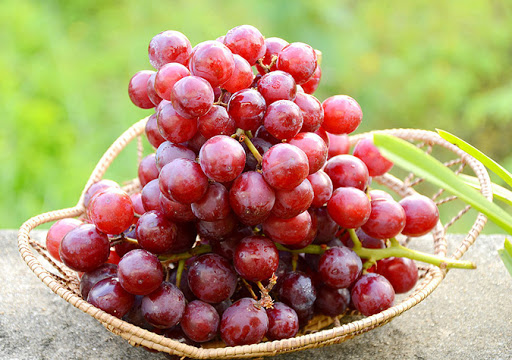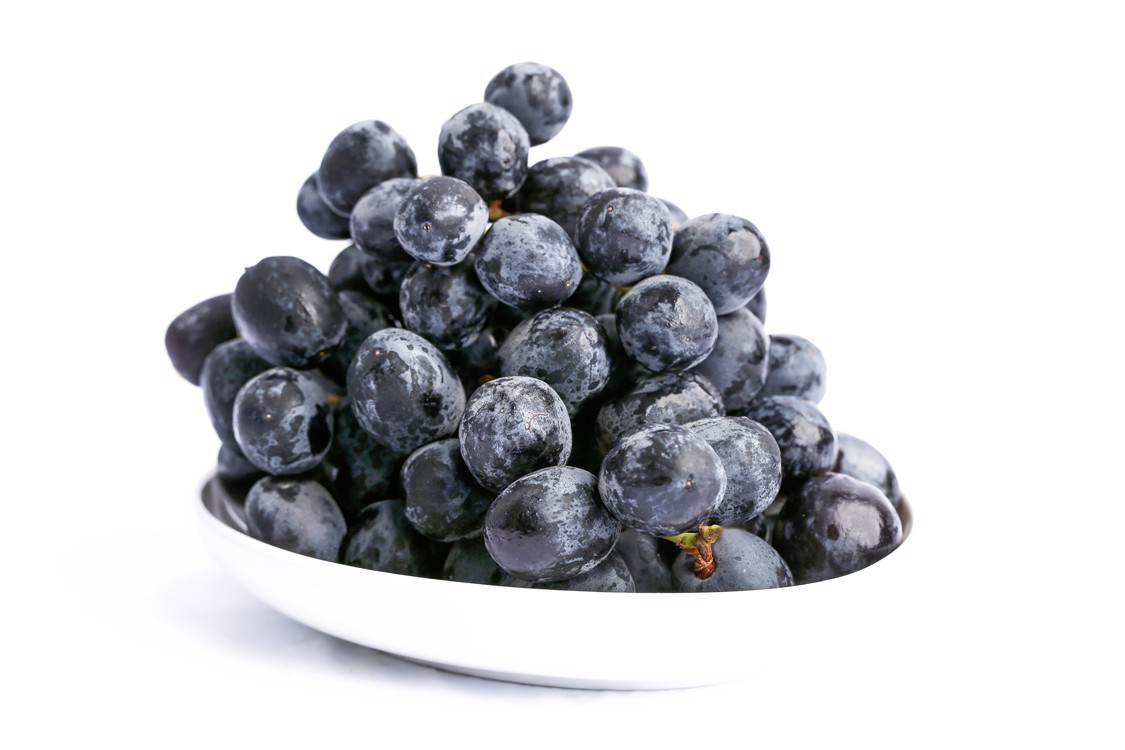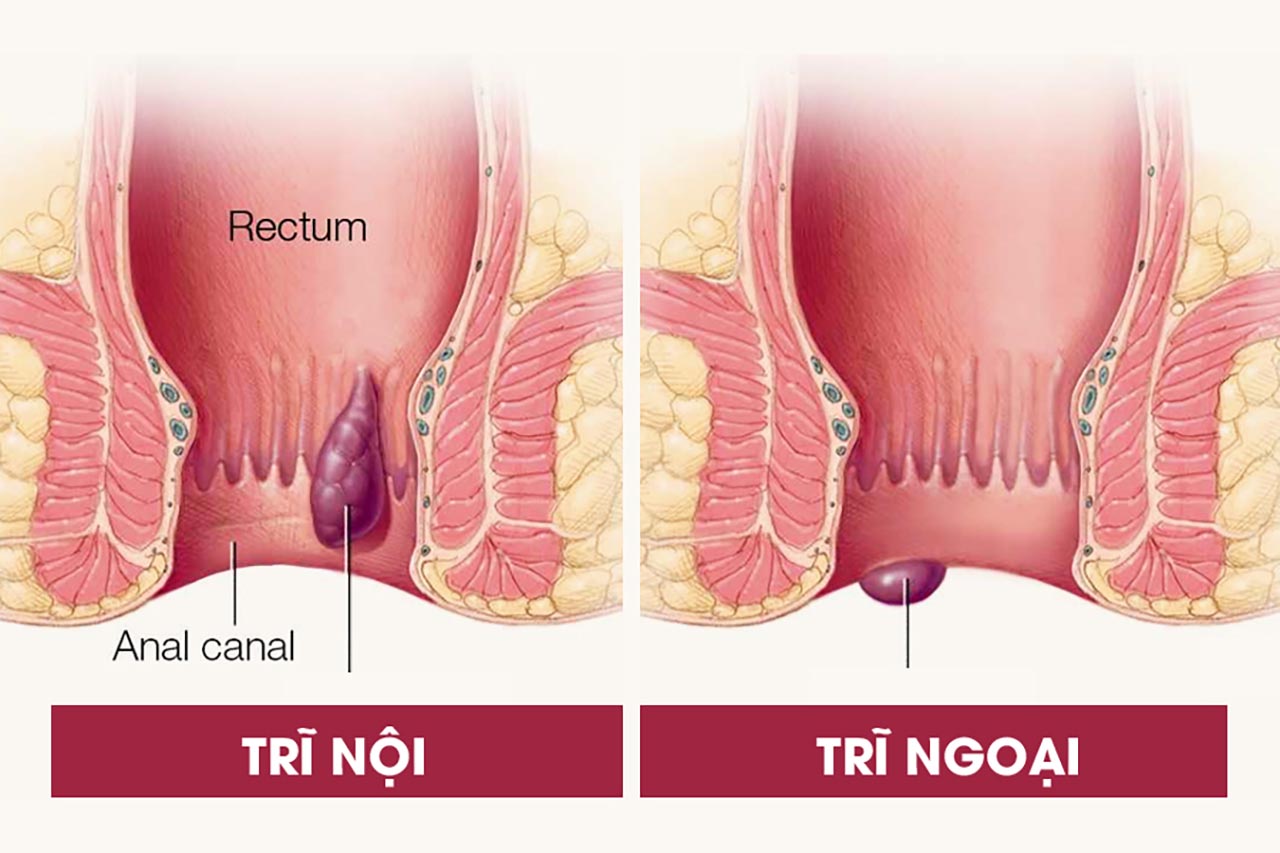Today, Styphnolobium japonicum is known quite a lot as a cooling tea, but few people know that besides, Styphnolobium japonicum also has other magical uses. It is thanks to the research of experts, in the composition of Styphnolobium japonicumr there is a compound called “Rutin”.
Rutin definition
Rutin is a flavonol glycoside composed of quercetin and rutinose. It is yellow, tasteless. Rutin is also known as rutoside.
Rutin can be found in: Buckwheat, asparagus, tomatoes, oranges, carrots, sweet potatoes, black tea and apple peels, especially citrus fruits (oranges, grapefruit, lemons, limes) and berries like mulberry.
In Vietnam, Rutin is extracted from Styphnolobium japonicum
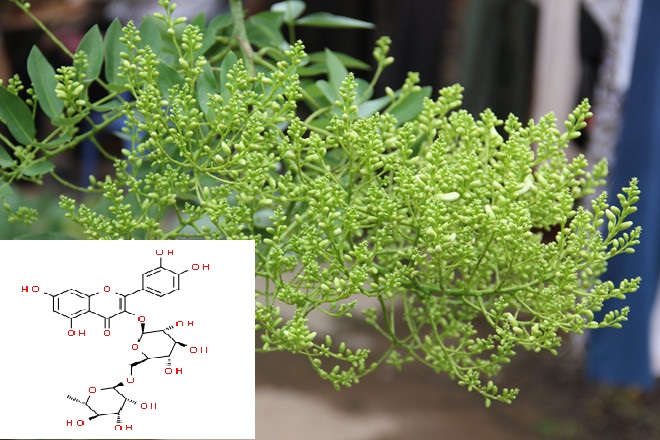
Uses of Rutin
- Effect on capillaries: reduce the permeability of capillaries and increase the strength of capillary walls.
- Effects on the cardiovascular system: intravenously injected dogs are anesthetized with Styphnolobium japonicum’s solution, blood pressure is significantly lowered. Styphnolobium japonicum solution also have a mild stimulant effect on isolated frog hearts. Glucoside has the effect of increasing the contractile force of the isolated heart and the heart of the frog body. Styphnolobium japonicum has the effect of dilating coronary arteries.
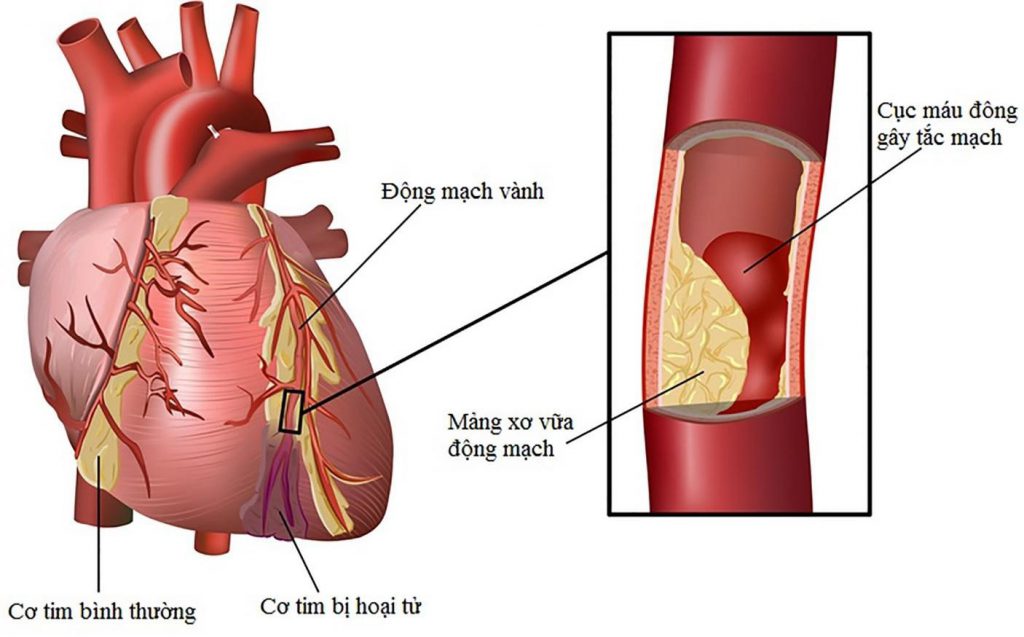
- Effect of lowering blood fat: Styphnolobium japonicum has the effect of reducing cholesterol in the blood of the liver and in the portal arteries. For experimental atherosclerosis, the drug has a preventive effect.
- Anti-inflammatory effect: for experimental arthritis of large rats and mice, the drug has anti-inflammatory effects.
- Antispasmodic and anti-glare effects: Rutin has the effect of reducing gastric motility of large rats, significantly reducing the number of stomach ulcers due to pyloric spasm of rats.
According to modern medicine, Rutin has the following uses: Rutin inhibits platelet aggregation, thins the blood and improves circulation.
- Has anti-inflammatory activity.
- Antioxidant Benefits (Radic Biol Med. 2009. Department of Ecology and Evolutionary Biology, Biomedical and Life Sciences, University of Glasgow, Glasgow, UK.)
- Anti-cancer, through promotion of Apoptosis (World Journal. December 2013). Rutin may have the benefits of cutting cancer risk.
- Rutin may be helpful in preventing and treating inflammatory bowel diseases and colorectal cancer
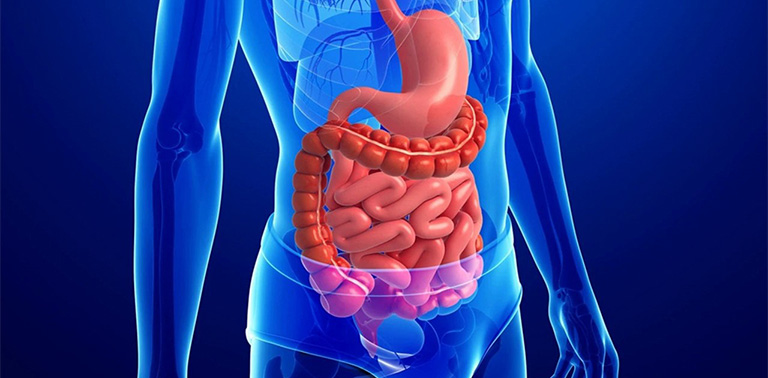
- Rutin and cholesterol: Rutin in combination with lovastatin showed improvement in lowering cholesterol levels in animal models. Rutin has several medicinal properties including antioxidant and cardioprotective activities. (Basic Clin Pharmacol Toxicol. 2009; Ziaee A, Zamansoltani F, Nassiri-ASL M, Abbasi E. Department of Endocrinology, Qazvin University of Health Sciences, Qazvin, Iran.)
- Rutin and blood vessel health: rutosides are effective in treating venous edema and hypertension and preventing deterioration of the peripheral venous system. .(Angiology. February 2008-Mar. Department of Biomedical Sciences, University of Chieti-Pescara, and the Vascular Screening Project San Valentino, Italy.)
- Anti-diabetes: Oral administration of rutin within 45 days significantly reduced fasting plasma glucose, increased insulin.
Thanks to such wonderful uses, today Styphnolobium japonicum becomes a health supplement that people want to aim for. A completely safe product from nature but brings valuable values.







